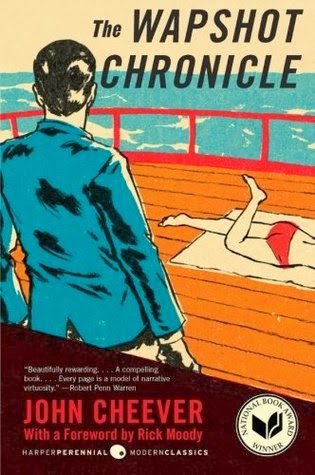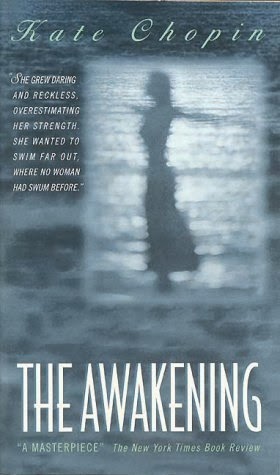Leeds Book Club has been participating in the Arts and Minds Network's 2013 project on raising awareness of mental health issues.
Now Fiona actually provided me with this MONTHS ago and it was lost in the wilderness that is my email inbox, languishing, wilting for lack of attention. I'm so glad that this review has finally found it's place in the sun as it's fantastic! Huge thanks to @MindFiona
NOTES FROM AN EXHIBITION
PATRICK GALE
BLURB (from Amazon)
From the author of A Perfectly Good Man, the bestselling story of an artist tormented by depression and the toll of creativity.
When troubled artist Rachel Kelly dies she leaves behind an extraordinary body of work – but for her family there is a legacy of secrets and painful revelations.
Rachel exerts a power that outlives her. To her children she is both curse and blessing, as they cope with the inheritance of her passions – and demons. Only their father's gift of stillness can withstand Rachel’s destructive influence and the suspicion that they all came a poor second to her art.
Piecing together the clues of her life – as artist, lover, mother, wife and patient – takes the reader from Cornwall to Canada across a span of forty years. What emerges is a tender story of enduring love, and a portrait of a family coping with the sometimes too dazzling brilliance of a genius.
When I volunteered to review one of the Sharing Stories books I ended up picking one that I knew nothing about. As the subject matter was quite heavy, I might not normally have chosen to read it. So it was with some trepidation that I started reading ‘Notes from an Exhibition’.
I was expecting to struggle through the book, however I found couldn’t put it down.
The focus of the story is Rachel Kelly, an artist, her husband Anthony, and their children, Garfield, Morwenna, Heldley, and Petroc. Rachel suffers from bi-polar disorder and much of the story focuses on the tangle of her that, her art and family and the shifting pressures of them all. Though Rachel has the greatest share of the narrative, the story is seen from the perspective of all of the family members. Each chapter is prefaced with an ‘interpretation card’ from a posthumous exhibition of her works and items from her life -Hence, notes from an exhibition.
The book begins with Rachel at the end of her life and about to embark on a series of paintings we later learn are some of her greatest works. From there, the book follows the aftermath of her death for her husband and now grown-up children, whilst flashing back to significant points in all of their lives. I quite liked the structure. At first I found it a little disorientating but by the end appreciated the different perspectives.
They rounded out the characters and showed the differences between how they behaved and how they felt. I also felt it gave the book more of a sense of hope. All the ‘notes’ say who donated which item in the exhibition, and the fact that the donors were able and willing to contribute is promising.
The family isn't always a particularly likeable one; as individuals they are all flawed in some way, and all struggle to communicate with one another. Though Rachel undoubtedly loves her children,
‘art was the one thing that stilled and focused her impossibly restless personality; art won through where her family failed.’
Though art offers her respite, but it is occasionally her focus over everything else. She herself isn't sure of her motivation for coming off her medication whilst pregnant. It exposes her to a greater chance of post-partum depression but
‘the glorious ascent before the fall and the work she could achieve in climbing made it worthwhile. Perhaps.’
She can be quite cruel at times; the incident on Morwenna’s tenth birthday stands out. However it is counterbalanced by chapters told from Rachel’s perspective. Though she herself admits she isn't always kind (‘she ignored him, and used to it, poor sod, he went away’) these chapters gave me more of an insight to the fragility she feels.
One part that stood out for me was the account of a costume ball that Rachel attends with her friend/doctor Jack. She has finally been diagnosed, in part because of the support from Jack, and the (admittedly imperfect) sense of relief she feels really struck me
‘She was not mad. She had a chemical imbalance that was controllable.’
The book isn't an easy ride, but I found it was worth it. I felt it gave me more insight into the complexities of living with mental illness. Gale presents all of the character’s as complex individuals, complete with flaws and virtues. As ‘Notes from an Exhibition’ made me want to read more by Gale I would definitely recommend it to others.
* * * * *
Mental Health Reading Challenge
Blurbs for the books!
Podcast with Tom at Arts and Minds Leeds
The List
Feb: The Silver Linings Play Book - Matthew Quick
Mar: The Psychopath Test - Jon Ronson
Apr: I had a black dog - Matthew Johnson
May: Why be happy when you can be normal - Jeanette Winterson
Jun: Poppy Shakespeare - Clare Allan
Jul: 01 - Birthday Letters - Ted Hughes
Jul: 02 - Ariel - Sylvia Plath
Aug: Tender is the Night - F Scott Fitzgerald
Sep: Day - A L Kennedy
Oct: Notes from an exhibition - Patrick Gale
Nov: A life too short - Ronald Reng
Dec: Jane Eyre - Charlotte Bronte
* * * * *
Table of Contents - Guest Stars
* * * * *
Full Table of Contents








































